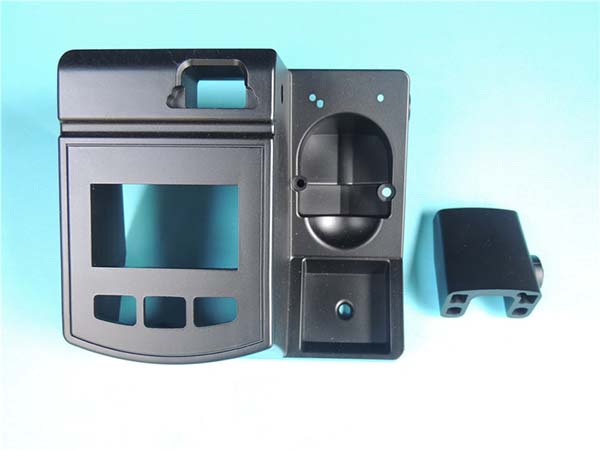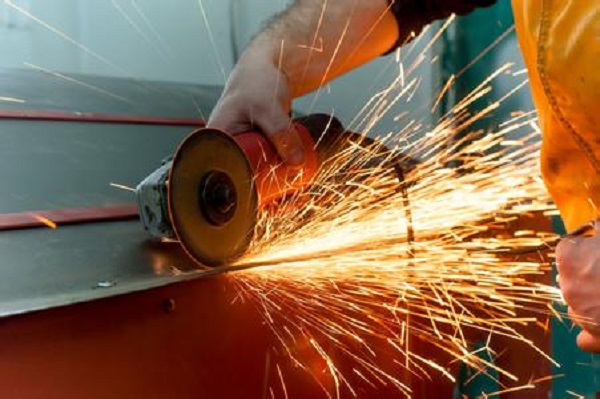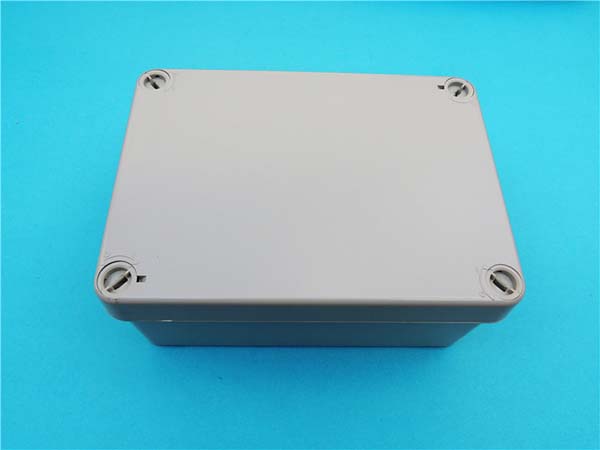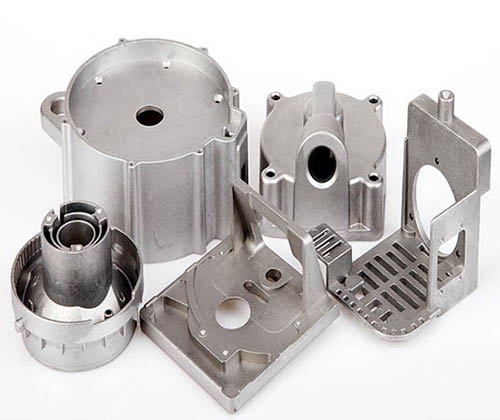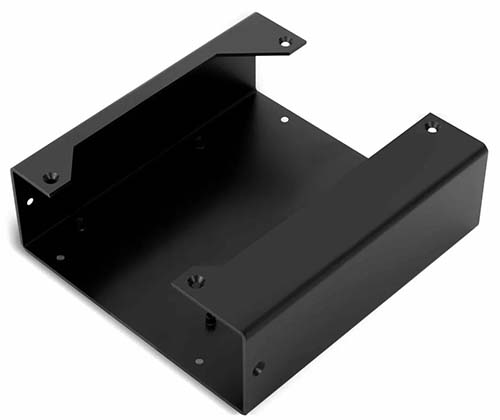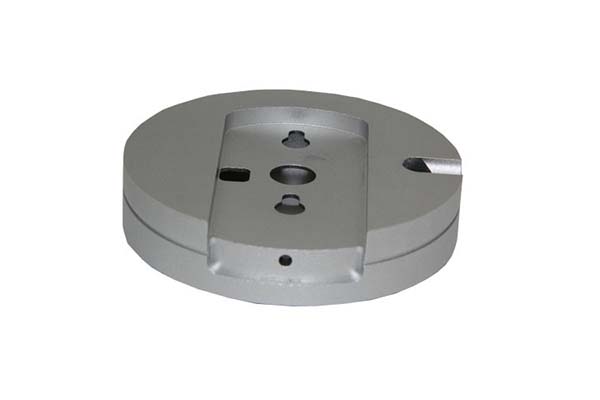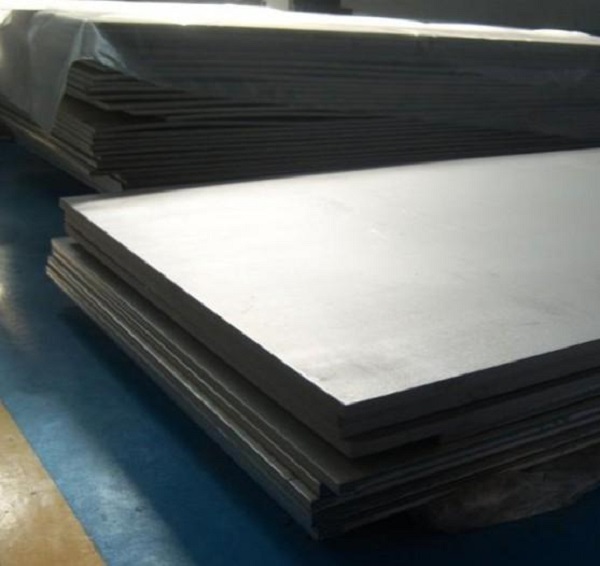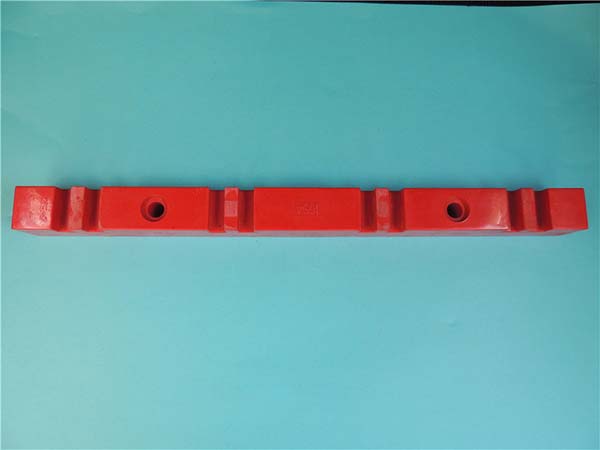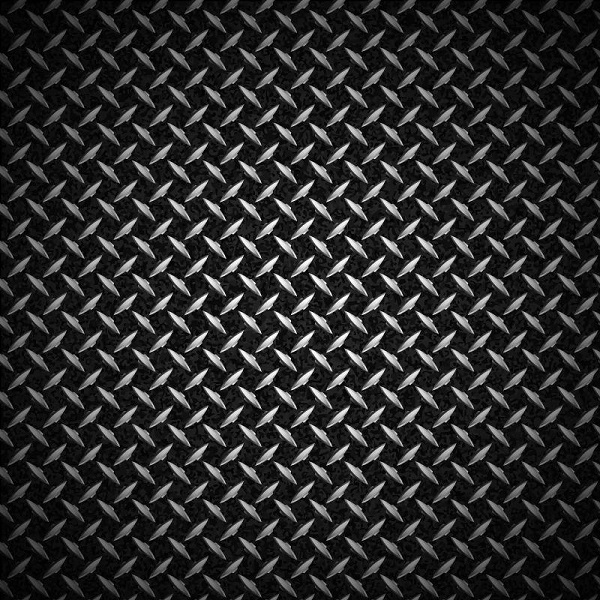Understanding Your Sheet Metal Needs
Before diving into finding sheet metal suppliers near you, it's crucial to understand the types of sheet metals available and their appropriate thicknesses for different projects.
Types of Sheet Metals
- Stainless Steel Sheets: Stainless steel is renowned for its excellent corrosion resistance, making it ideal for applications where the metal will be exposed to moisture, chemicals, or harsh environmental conditions. It contains chromium, which forms a protective oxide layer on the surface, preventing rust. For example, in the food and beverage industry, stainless - steel sheets are used to fabricate equipment like tanks, conveyor belts, and food processing machinery due to their hygienic and non - reactive properties. There are different grades of stainless steel, such as 304 and 316. Grade 304 is a general - purpose stainless steel with good formability and corrosion resistance, often used in architectural applications like handrails and facades. Grade 316, on the other hand, contains molybdenum, which enhances its resistance to chloride corrosion, making it suitable for marine and coastal applications.
- Aluminum Sheets: Aluminum is a lightweight metal with a high strength - to - weight ratio. It is highly malleable, which means it can be easily formed into various shapes through processes like bending, rolling, and stamping. Aluminum sheets are widely used in the aerospace industry for aircraft components such as wings, fuselage panels, and engine parts because of their low weight, which helps to reduce fuel consumption and increase efficiency. In the automotive industry, aluminum sheets are used for body panels, engine blocks, and heat exchangers. They are also popular in the construction industry for roofing, siding, and window frames due to their corrosion resistance and aesthetic appeal.
- Carbon Steel Sheets: Carbon steel is an alloy of iron and carbon, and its properties can be adjusted by changing the carbon content. Low - carbon steel, with a carbon content of less than 0.3%, is soft and ductile, making it suitable for applications that require deep drawing or bending, such as automotive body parts, cans, and general - purpose machinery parts. Medium - carbon steel, with a carbon content between 0.3% - 0.6%, has higher strength and hardness, and is often used for axles, gears, and shafts in machinery. High - carbon steel, with a carbon content above 0.6%, is very hard and strong but less ductile, and is typically used for cutting tools, springs, and high - wear parts.
Thickness and Gauge
Sheet metal thickness is an important factor to consider for any project. Thickness is usually measured in millimeters (mm) or inches, and in the United States, the gauge system is also commonly used. The gauge number is inversely related to the thickness; the higher the gauge number, the thinner the sheet metal.
- For Thin - Gauge Sheet Metals: Gauges like 22 - 30 are very thin. These are often used in applications where light - weight and flexibility are required. For example, 26 - gauge sheet metal is commonly used for HVAC ductwork. Its thinness allows for easy bending and shaping around corners and through tight spaces in a building's ventilation system, while still providing enough strength to hold the air within the ducts. In the electronics industry, thin - gauge sheet metals may be used for enclosures of small devices like calculators or some types of sensors, as they offer protection while adding minimal weight.
- Medium - Gauge Sheet Metals: Gauges in the range of 16 - 20 are considered medium - thickness. These are suitable for a wide range of applications. For instance, 18 - gauge sheet metal is often used in the construction of metal cabinets, storage units, and some types of furniture frames. It provides a good balance between strength and workability. In the automotive industry, medium - gauge sheet metals can be used for parts like truck beds or some interior structural components, as they need to withstand normal wear and tear without being overly heavy.
- Thick - Gauge Sheet Metals: Gauges of 14 and below are thick. These are used in applications that require high strength and durability. For example, 10 - gauge sheet metal might be used in the construction of heavy - duty industrial equipment frames, large - scale storage tanks, or structural supports in buildings. In the shipbuilding industry, thick - gauge steel sheets are used to construct the hulls of ships, as they need to withstand the pressure of the water and the forces exerted during 航行.
How to Search for Sheet Metal Supply Near You
Now that you know your sheet metal requirements, it's time to find the right suppliers near you. Here are several effective ways to conduct your search:
Online Search
The internet is a powerful tool for finding sheet metal suppliers in your area.
- Search Engines: Use popular search engines like Google, Bing, or Yahoo. Enter specific keywords such as "sheet metal supply near me", "local sheet metal suppliers", or include your city or zip code for more targeted results. For example, if you're in Los Angeles, search for "sheet metal supply Los Angeles". To make your search more efficient, you can add details like the type of sheet metal you need, e.g., "stainless - steel sheet metal supply near me". According to a study, 80% of businesses are found through online searches, so this method is highly likely to yield results.
- Industry Websites: There are numerous industry - specific websites that list sheet metal suppliers. These sites often provide in - depth information about the suppliers, including their product ranges, certifications, and customer reviews. For instance, websites like Thomasnet.com in the United States are dedicated to connecting buyers with industrial suppliers, including those of sheet metals.
- B2B Platforms: Business - to - business (B2B) platforms such as Alibaba, Global Sources, and Made - in - China can also be useful. Although some suppliers on these platforms may be international, you can use the filtering options to narrow down to local suppliers. They also offer features like comparing prices, product specifications, and supplier ratings.
Local Business Directories
- Traditional Directories: Local business directories, such as the Yellow Pages (both in print and online versions), can be a great resource. These directories list businesses by category, making it easy to find sheet metal suppliers in your area. They often include contact information, business hours, and sometimes customer reviews. For example, in many cities, the local Yellow Pages has a section dedicated to building materials and metal suppliers.
- Online Directories: There are also online - only business directories like Yelp, Angie's List, and Foursquare. Yelp, in particular, is popular for its user - generated reviews. You can read about other customers' experiences with local sheet metal suppliers, which can help you make an informed decision. These directories also provide maps, making it convenient to locate the suppliers physically.
Ask for Recommendations
Word - of - mouth is a reliable way to find a good sheet metal supplier.
- Network with Peers: Reach out to your colleagues in the engineering field, other professionals in related industries like construction, or local contractors. They may have firsthand experience with local suppliers and can recommend those that offer high - quality products, good customer service, and fair prices. For example, if you're an engineer working on a construction project, ask the building contractors which sheet metal suppliers they trust.
- Industry Associations and Forums: Join industry associations or online forums related to engineering, construction, or metalworking. Post a question asking for recommendations on sheet metal suppliers near you. These communities are often filled with experts who are willing to share their knowledge and experiences. For instance, the American Welding Society's forums may have members who can provide valuable insights into local sheet metal suppliers.
Yigu Technology's Perspective
As a non - standard plastic metal products custom supplier, Yigu Technology understands the critical importance of reliable sheet metal supply. With years of experience in the industry, we've seen firsthand how the quality of sheet metal can impact the final product.
We offer customized sheet metal solutions tailored to specific project requirements. Whether it's a unique design for a high - tech device or a large - scale industrial component, our team of skilled engineers can work with various sheet metals, including stainless steel, aluminum, and carbon steel. We pride ourselves on our ability to handle complex projects, providing services from design and prototyping to mass production.
Our commitment to quality and customer satisfaction sets us apart. We source high - quality sheet metals from trusted suppliers and use advanced manufacturing techniques to ensure precision and durability. By choosing Yigu Technology, customers can expect not only top - notch products but also excellent after - sales support, making us a reliable partner for all sheet metal - related needs.
FAQs
Q1: How do I know which type of sheet metal is best for my project?
Consider the project's requirements. If corrosion resistance is crucial, like in a marine or food - processing project, stainless steel might be the best choice. For applications where weight is a major factor, such as in aerospace, aluminum is a great option. If you need high strength for industrial machinery parts, carbon steel with an appropriate carbon content should be considered. You can also consult with a professional sheet metal supplier or an engineer in the relevant field.
Q2: Can I get a sample before placing a large order?
Most reliable sheet metal suppliers offer samples. You can usually request a sample directly from the supplier's website, by phone, or via email. Some suppliers may charge a small fee for the sample, which can often be refunded when you place a large order. This allows you to assess the quality, thickness, and other characteristics of the sheet metal before making a significant investment.
Q3: What if the sheet metal I receive has defects?
If you receive sheet metal with defects, immediately contact the supplier. Provide clear details about the defects, such as photos if possible, and the order number. Reputable suppliers will have a quality - control process in place. They may offer to replace the defective sheets, provide a partial refund, or work with you to find a satisfactory solution. Yigu Technology, for example, is committed to customer satisfaction and will do everything in their power to resolve such issues promptly.
